The global strategy of hydrogen energy has been accelerating during recent years. In order to look forward to the future development of hydrogen energy, on March 24, the Worldwide Energy University Network(WEUN) held the 3rd Energy Workshop on the future of hydrogen energy. The workshop was jointly held by Birmingham University and China University of Petroleum-Beijing (CUP), and it was moderated by Professor Martin freer, Director of the Energy Research Accelerator and the Birmingham Energy Institute, University of Birmingham, UK.
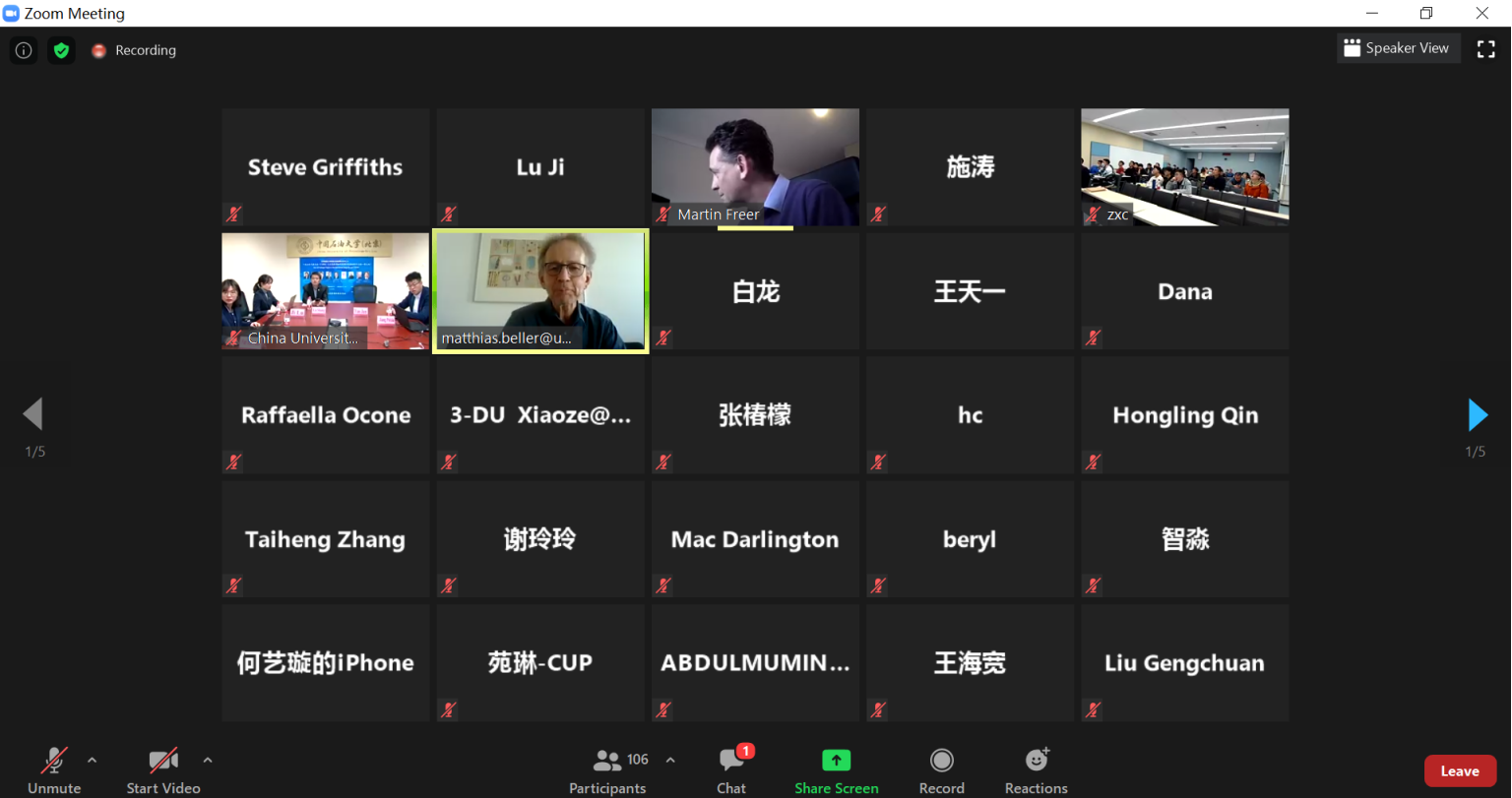
The workshop received extensive attention and participation from energy universities, energy industry and other related fields. More than 160 experts and scholars from China, UK, Germany, Russia, the UAE, Malaysia and other countries attended the webinar.
Professor Li Gensheng, vice-president of CUP, delivered the opening remarks on behalf of CUP and the WEUN Secretariat, focusing on the research achievements in recent yearsand future development plans of the university in the field of hydrogen energy . He said, CUP will continue the development of hydrogen production technology from gray to blue and then to green, from low-carbon to non-carbon. The research on hydrogen storage technology will be aimed at safety and low cost, and research on hydrogen utilization will be targeted at the carbon emission reduction for different industries.
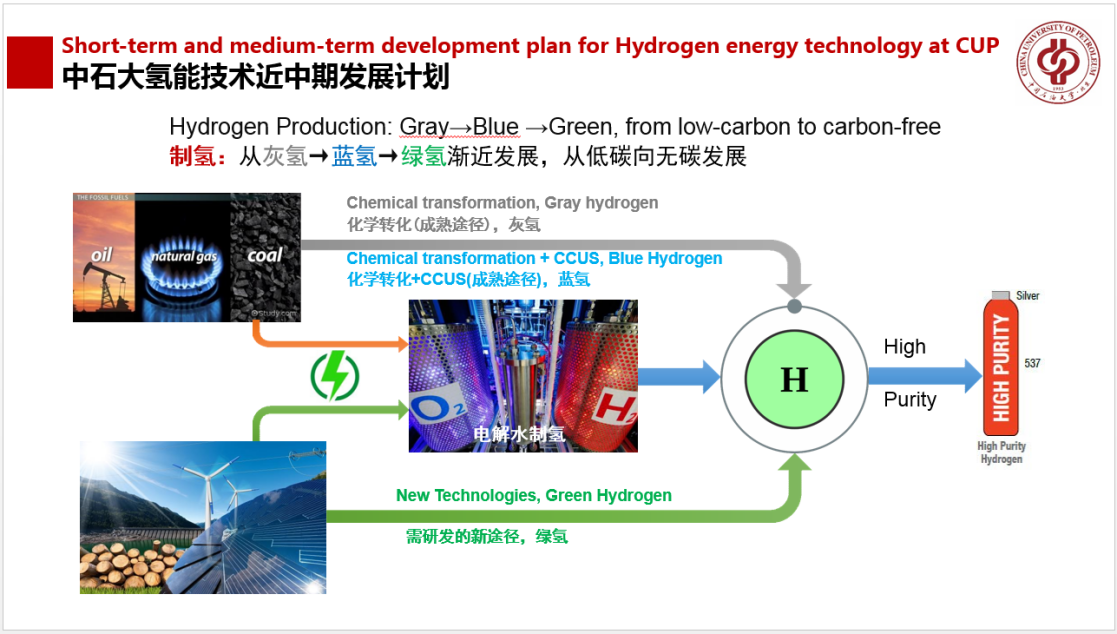
Professor Martin freer; Professor Steve Griffiths, vice president of Khalifa University, UAE; Professor Matthias Beller, University of Rostock, Vice President of the Leibniz Society, Germany; Professor Suzana Yusup,Director of Centre for Biofuel & Biochemical Research, Universiti Teknologi Petronas; Professor Evgeny solomin, Head of the “Alternative Energy” International Research Group, South Ural State University, Russia; Dr. Ahmad El kharouf from the Birmingham Centre for Fuel Cell and Hydrogen Research, University of Birmingham, UK, and Professor Du Xiaoze,Dean for the School of Energy, Power and Mechanical Engineering, North China Electric Power University, made keynote speeches successively. Their presentations covered different aspects related to hydrogen, such as the opportunities and challenges for hydrogen, the application of hydrogen for industrial decarbonisation, the importance of catalysts for hydrogen storage systems, the bio-hydrogen production and carbon-Based materials as super-capacitor for energy storage device, the hydrogen powered renewable power plan, hydrogen-based fuels, and the hydrogen pathway in China. At the webinar, the attendees and speakers had very positive interaction, which provided a good opportunity for further international cooperation of hydrogen.
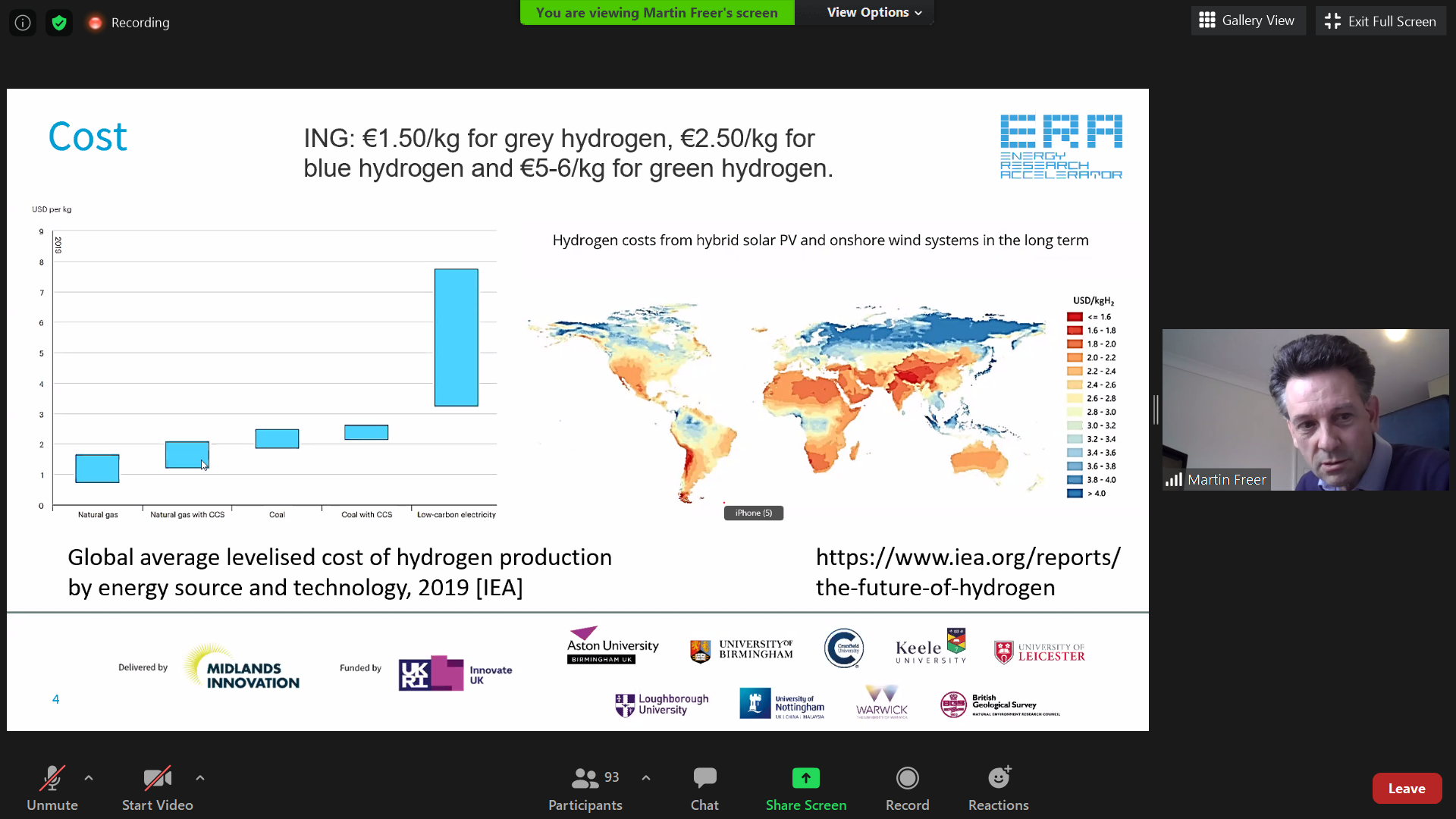
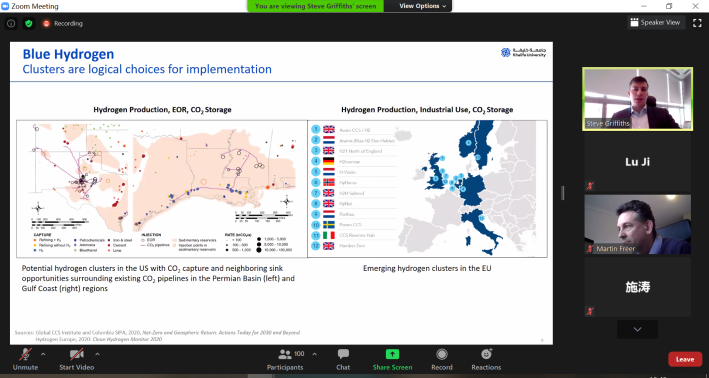
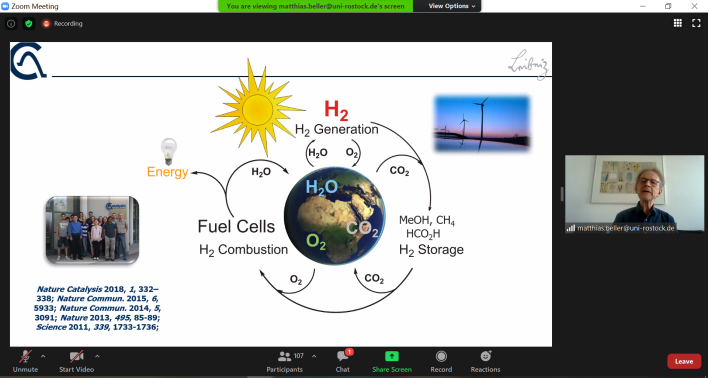
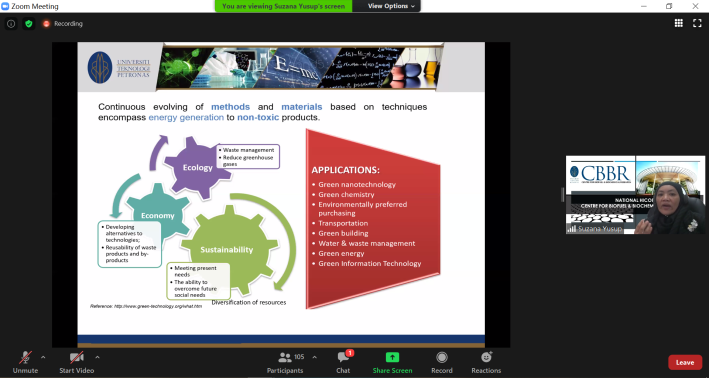
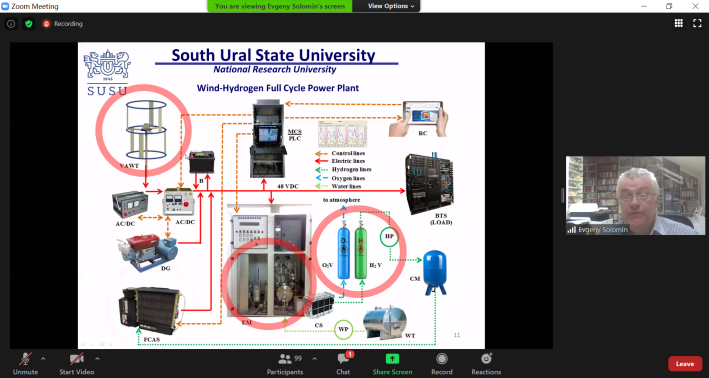
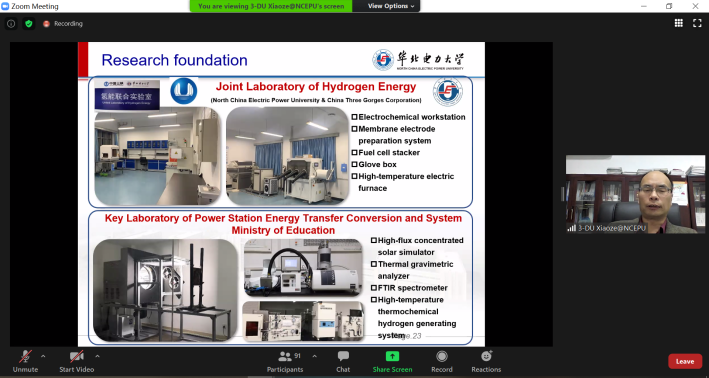
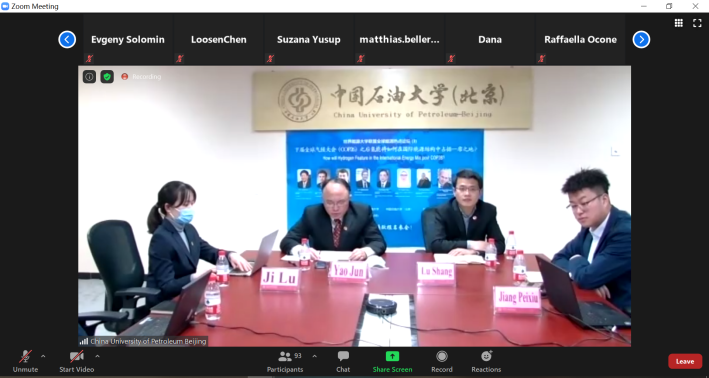
The Worldwide Energy University Network (WEUN), established in 2018, is a non-legally binding voluntary membership organization of research universities, brought together by a shared strategic interest in research, innovation, education and internationalization in the field of energy. In 2020, its number of members increased from 28 to 31, covering 17 countries from the five continents. Since its establishment, WEUN has been devoted to the goal of creating a global platform for communication and collaboration among and between the member universities in research, innovation and education in the field of energy, and has carried out a number of fruitful international exchange activities and research cooperation. In 2020, WEUN started its energy workshop series, and has successfully hosted three online workshops in collaboration with its members - CUP, Dundee and Tulsa.

